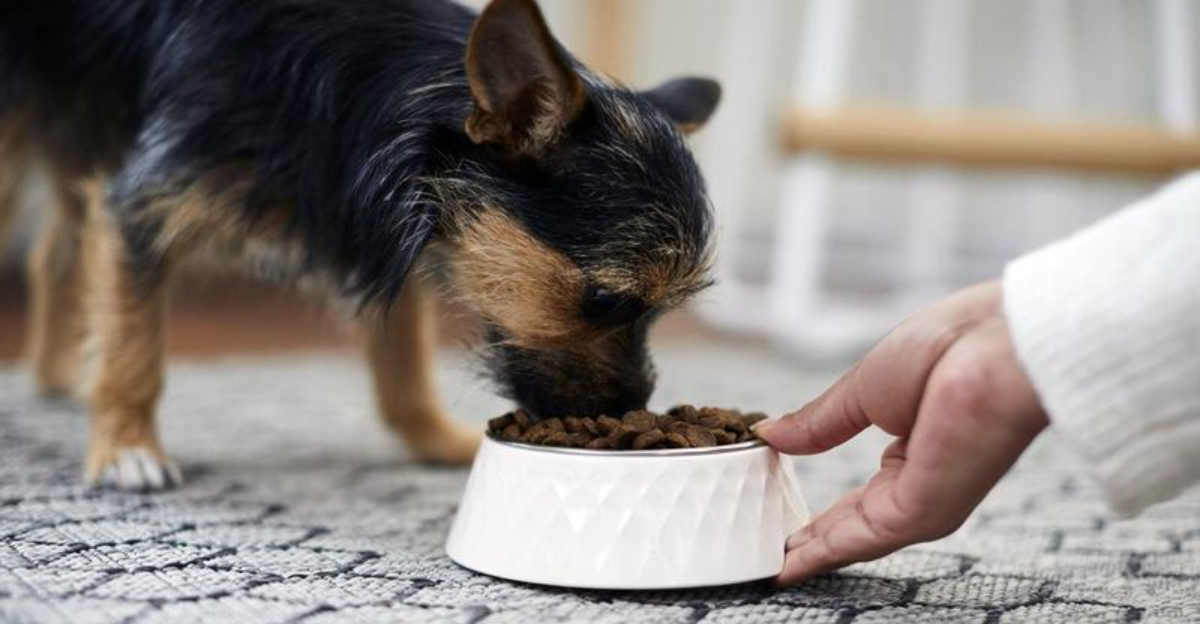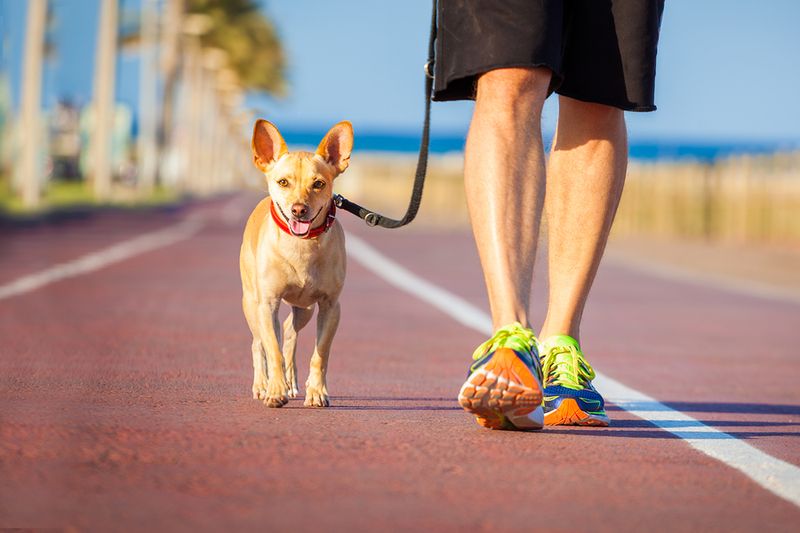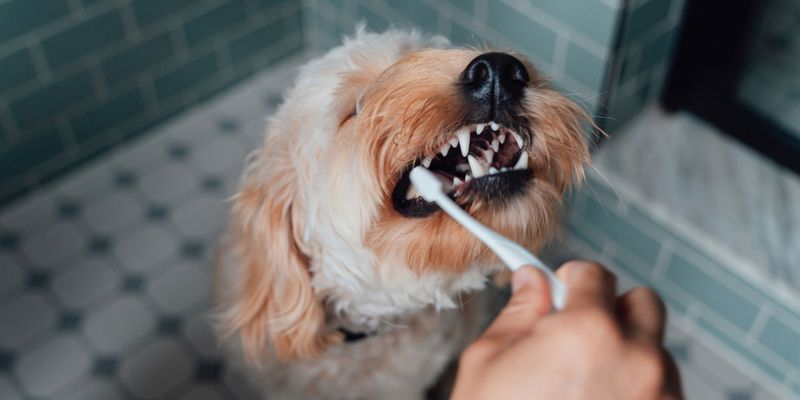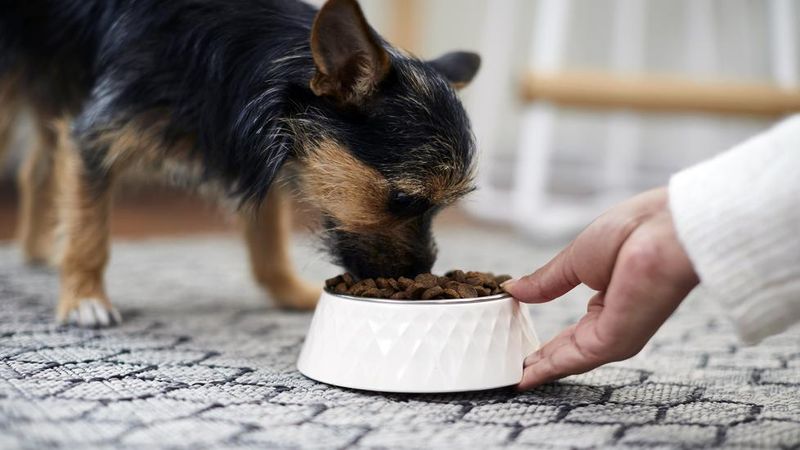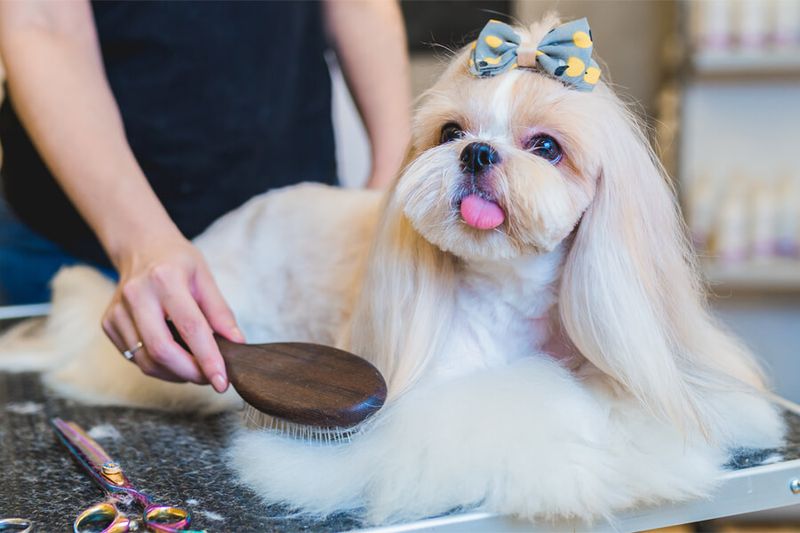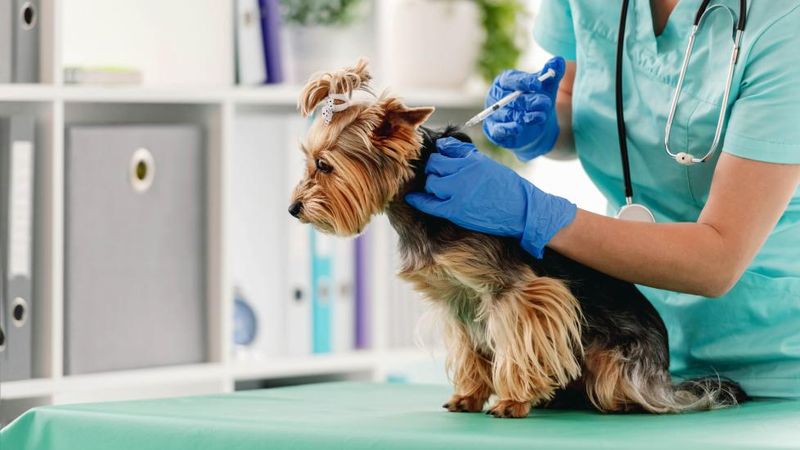Owning a small dog comes with its unique set of joys and challenges. These pint-sized pups often have specific needs that differ from their larger counterparts. To ensure your little companion thrives, it’s essential to understand the nuances of caring for them. From nutrition to exercise, these tips will guide you in providing the best care for your small dog.
Regular Exercise Routine
Keeping a small dog active is crucial for their mental and physical health. While they may not need as much exercise as larger breeds, regular play sessions are vital. A morning walk or an afternoon game of fetch can work wonders for their spirits and well-being.
These activities not only burn energy but also help prevent obesity, a common issue in small breeds. Engage with them through interactive toys or agility courses to keep their minds sharp and bodies fit. Remember, every small dog is unique, so adjust their exercise to match their energy levels.
Dental Care
Dental health is often overlooked but is incredibly important for small dogs. Their compact mouths can lead to overcrowded teeth, making them susceptible to plaque buildup and gum disease. Regular brushing with a dog-friendly toothpaste can make a significant difference.
Incorporate dental treats and chews into their diet to aid in maintaining oral health. Additionally, scheduling routine professional cleanings with your vet helps prevent long-term issues. Paying attention to their dental care not only keeps their breath fresh but also supports their overall well-being.
Socialization
Socializing your small dog is key to fostering a well-adjusted pet. Introducing them to various environments, people, and other animals reduces anxiety and encourages positive behavior. Puppies are particularly receptive to new experiences, so starting early is beneficial.
Consider enrolling in puppy classes or organizing playdates with fellow dog owners. These interactions help build their confidence and teach them how to react in different situations. A well-socialized dog is less likely to develop behavioral issues, making them a joy to be around.
Proper Nutrition
Small dogs often have faster metabolisms and specific dietary needs that require attention. Their tiny tummies can’t hold much at a time, so feeding them high-quality, nutrient-rich meals in small portions is ideal. Opt for foods that are specifically formulated for small breeds to ensure they receive the right balance of proteins, fats, and carbohydrates.
It’s not just about portion control—small dogs can be prone to dental issues, so consider incorporating dry kibble to help keep their teeth clean. Always have fresh water available, and consult with your vet to tailor their diet to their unique needs.
Grooming Needs
Regular grooming is a fundamental part of caring for a small dog. Their coats, whether short or long, require consistent attention to prevent matting and shedding. Baths should be given as needed, using dog-specific shampoos to maintain coat and skin health.
Brushing not only keeps their coat looking splendid but also helps in detecting any skin issues or parasites early on. Don’t forget to trim their nails regularly and clean their ears to prevent infections. A well-groomed dog is a happy dog, ready to conquer the day.
Comfortable Living Environment
Creating a comfortable and safe living space for your small dog is essential. These little companions often enjoy having a special spot where they can retreat and feel secure. A soft bed, placed in a quiet corner, becomes their sanctuary.
Ensure their environment is free of hazards, like small items they could swallow. Providing toys and interactive games keeps them entertained when you’re not around. Temperature control is also important, as small dogs are more sensitive to extreme temperatures. A loving home environment nurtures their happiness and health.
Health Check-Ups
Regular veterinary check-ups are vital to keeping your small dog in optimal health. These visits allow for early detection of potential health issues and ensure that vaccinations are up-to-date. Small breeds can be prone to specific health challenges, making preventive care crucial.
Discuss with your vet about parasite prevention and any breed-specific concerns. Routine blood tests and examinations help in monitoring their overall health. Being proactive with veterinary care not only extends their lifespan but also enhances their quality of life, giving you more time together.
